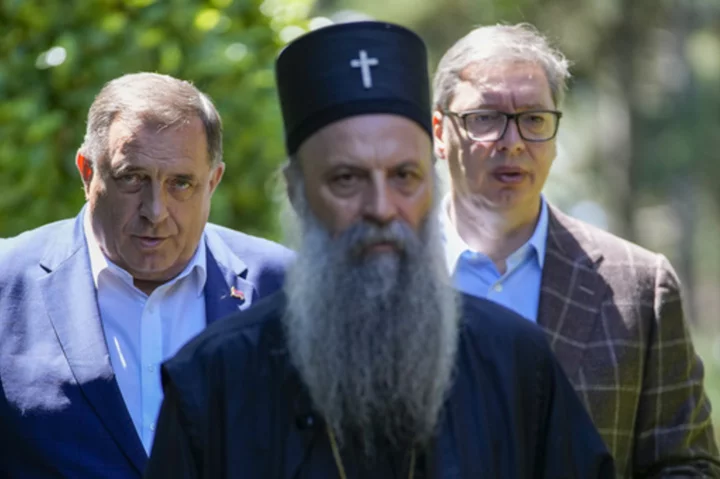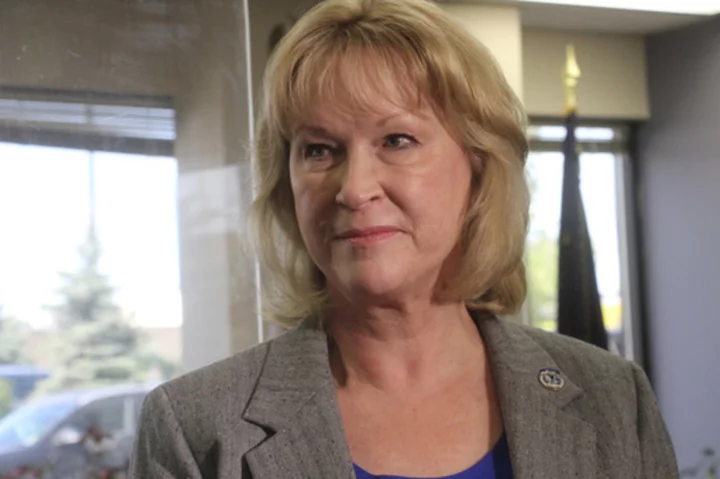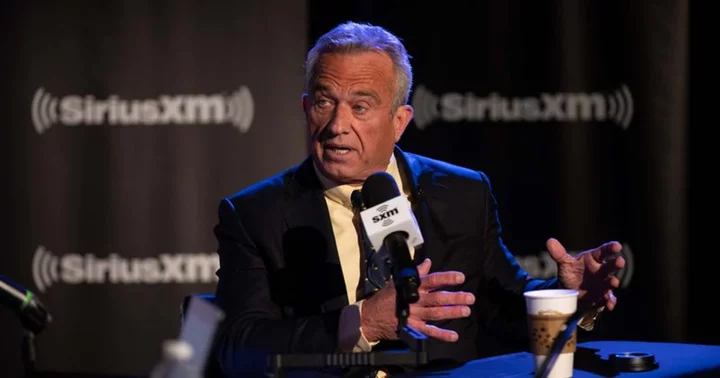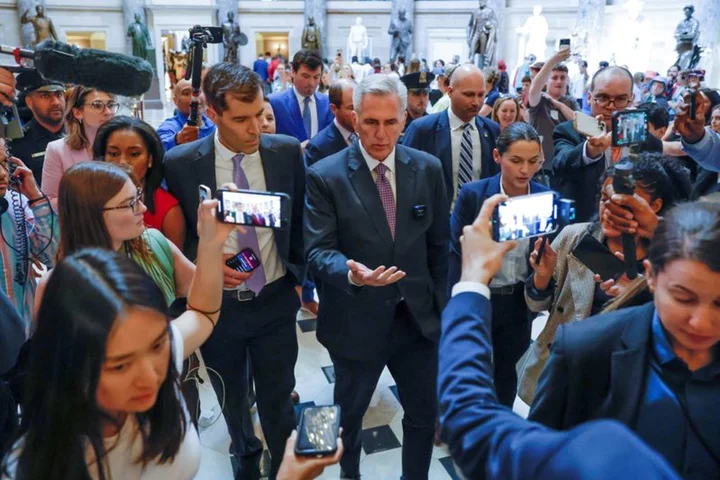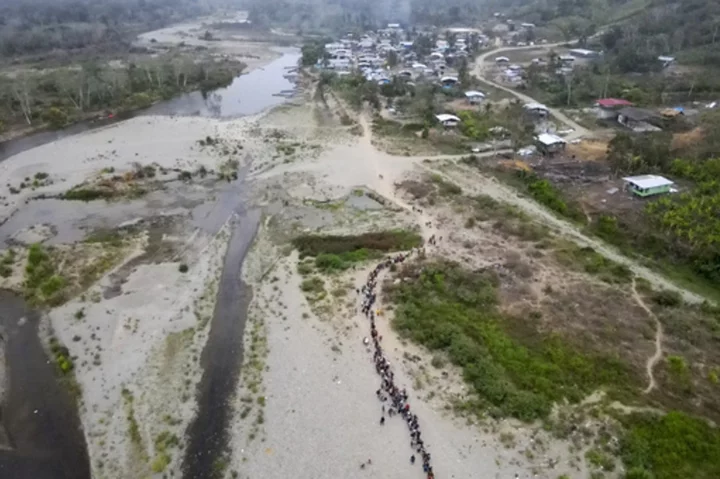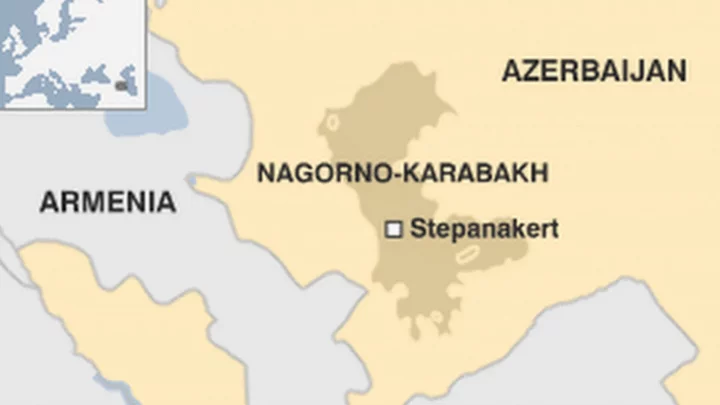SARAJEVO, Bosnia-Herzegovina (AP) — The Bosnian Serb parliament on Thursday passed a law recriminalizing libel which critics say will restrict freedom of expression and silence critical media.
Lawmakers approved the law by a 47-16 vote. The assembly in the Serb-run part of Bosnia has 83 lawmakers but not all attended the session.
The law was championed by pro-Russian Bosnian Serb President Milorad Dodik, who has faced U.S. and British sanctions for his separatist policies.
It amends the existing criminal law to reintroduce fines of up to 60,000 euros ($64,000) for libel, which is far beyond what most people in the impoverished Balkan nation can pay.
A previous law did not consider libel a criminal offense.
Journalist organizations in Republika Srpska, the Serb mini-state, and international rights groups demanded that the new law be revoked, but Dodik has ignored their protests.
“With today's approval of the amendments to the Criminal Law, the authorities in Republika Srpska entered a phase of open repression over the citizens and joined the worst authoritarian regimes in this part of the world,” the Transparency International group in Bosnia said.
It said the law allows criminal persecutions for any criticism by journalists, activists, opposition politicians or others and would have “devastating consequences on freedom of speech.”
Bosnian Serb journalists have held numerous protests against the amendment. Dodik and his ruling Alliance of Independent Social Democrats have sought to tighten their hold on power in the Serb-run mini-state.
The Serb-dominated entity and the one run by the country's Bosniaks, who are mostly Muslim, and Croats, were formed after a 1992-95 war that left 100,000 people dead.

